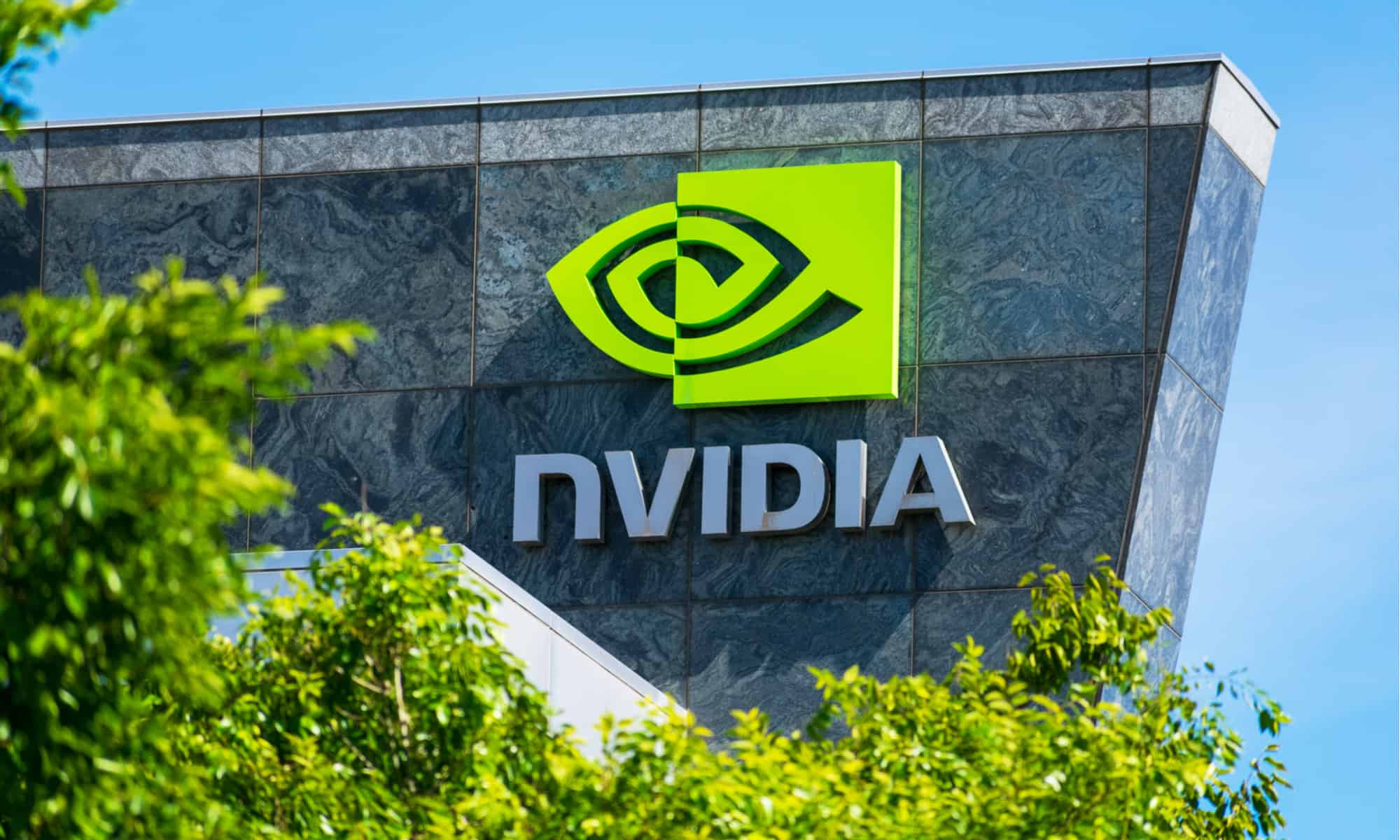News
Nvidia introduces AI supercomputer
Nvidia continues to push forward in the race to develop artificial intelligence (AI) tools and applications as the company revealed plans to release more AI products.
-

 Business3 days ago
Business3 days agoCircle stock jumps 167% on NYSE debut
-

 Business1 week ago
Business1 week agoOpenSea expands beyond NFTs with OS2 public rollout
-

 Business3 days ago
Business3 days agoJapan’s ‘Strategy,’ Metaplanet, to buy 91K Bitcoin in next 18 months
-

 Business7 days ago
Business7 days agoSingapore orders local crypto firms to cease overseas activity by June 30
-

 Business7 days ago
Business7 days agoMeta won’t buy Bitcoin as shareholders knock back treasury idea
-

 Business6 days ago
Business6 days agoSEC faces criticism over crypto staking shift
-

 Business7 days ago
Business7 days agoBinance co-founder CZ proposes dark pool DEXs to tackle manipulation
-

 Business6 days ago
Business6 days agoAustralia rolls out new crypto ATM rules as feds flag rising scams


























